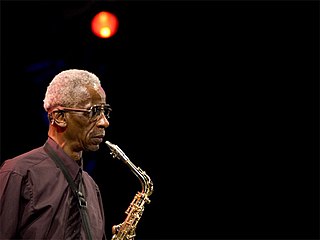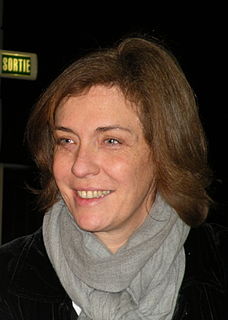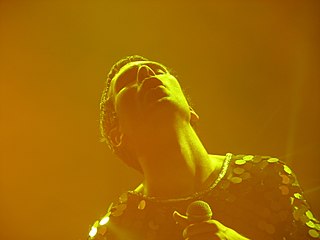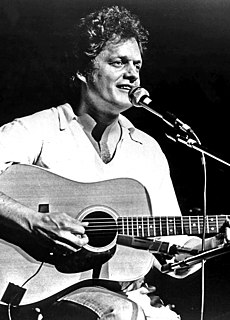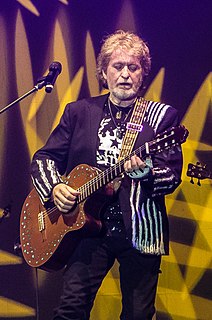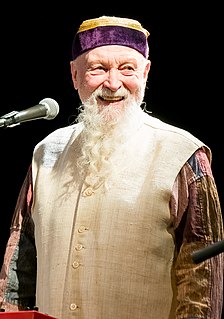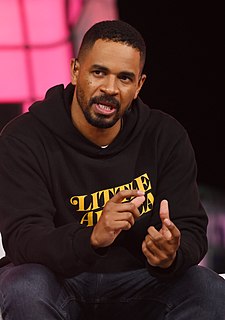A Quote by Aaron Sorkin
As an audience member, I like the sound of something that's been written - I like it to sound written. And then, of course, you can't do it without the musicians who can play it.
Related Quotes
The weirdest thing I've been fascinated with nowadays is the new contemporary country music, which to me sounds like very strange '70s pop, and sometimes like rock music. But some of the themes in there - maybe it's because I know how the songs were written, but it really does sound like it was written by two or three people, with the idea to appeal to the most general audience.
When we sit in meditation and hear a sound, we think, 'Oh, that sound's bothering me.' If we see it like this, we suffer. But if we investigate a little deeper, we see that the sound is simply sound. If we understand like this, then there's nothing more to it. We leave it be. The sound is just sound, why should you go and grab it? You see that actually it was you who went out and disturbed the sound.
In the past, I've written my songs and then asked friends if they could record the vocals. I didn't want to use my own voice, because other people have much better voices. I was hearing the music with a voice that I don't have. It was a case of pulling whatever resources I had to get the sound I wanted, but that doesn't take anything away from the authorship. They are songs written by me that sound the way I want them to sound. Whether it's my voice or someone else's doesn't make a difference to the music.
There's a difference between writing, the written word, and music. When you have the blank page it doesn't make a sound, which is like what happens to me every night when I'm playing. There is that crazy moment: the first mark you make on the page. But sound can inspire sound, in a way that words can't inspire words - at least for me. The nature of sound itself is still a huge mystery to me. I'm very happy about that.




